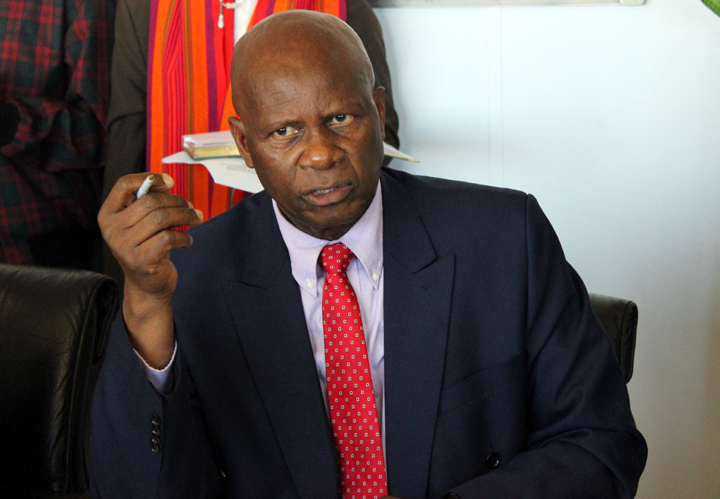Zimbabwe’s Finance Minister Patrick Chinamasa says the World Bank and African Development Bank (AfDB) have approved the country’s debt refinancing plan, clearing a major hurdle as it bids to pay off $1.7 billion arrears owed to the two lenders.
The southern African country, which has been frozen out of international debt markets since the turn of the century after defaulting on loans with multinational lenders, hopes its debt clearance programme will re-open access to fresh funding.
Zimbabwe is pursuing a debt clearance plan tabled before the World Bank, AfDB and the International Monetary Fund (IMF) in October 2015, which would see the southern African country clear $1.7 billion in arrears in a bid to unlock fresh funding for its capital-starved economy.
The country cleared its arrears with the IMF following a $110 million payment last October.
“The Government of Zimbabwe is pleased to announce that it has met all the conditions precedent to the repayment of debt arrears to the World Bank and the African Development Bank (AfDB),” Chinamasa said in a statement today.
He said the two institutions had “scrutinised and adjudged” the terms of facilities that the Reserve Bank of Zimbabwe has put in place to repay the debt arrears and found them to be reflective of current market conditions, with financing terms similar to market transactions recently concluded by several sub-Saharan African countries during 2016 and 2017.
“It is on this basis that Zimbabwe can now proceed to repay its debt arrears,” Chinamasa added.
Continued next page
(162 VIEWS)







0 Comments